I'm hearing stories more and more often these days about payday loan collection scams. And it is unfortunately happening to people who have already paid off the loan or who have had it discharged in bankruptcy.
What happens is the scammer gets just enough information about a real payday loan debt to construct a threat. The scammer then sends an email or calls, relying on ignorance about how collection laws work, and playing on fears or guilt about exposure. They also often threaten "federal" or even "criminal" action.
These are almost always scams. But how can you be sure? If the email or the caller uses poor English, it is likely a scam. Read the email out loud. If it sounds like it was written by someone who barely understands English, you can safely assume it was written by a fake bill collector. If the call or email is threatening and mentions possible criminal actions, it's almost certainly a scam. If the email or caller says things about "suspending a social security number" it is definitely a scam.
The more serious the threats and the more complicated the demands are, the more likely you are dealing with off-shore predators and not a genuine bill collector.
I would never reply to one of these emails. That only shows the the scam artist that you're a live target and will probably just convince them to send you more frightening and false emails. But you can test a collection caller by asking for a "written statement on the account" and ask that it be mailed to you. There are collection laws that require the lender to cooperate when you ask for a written statement on your bill. If the caller will not assist with this, you can safely assume that the call is an attempt to swindle you.
In my next post, I'll discuss how you can fight back if you've been victimized by a bill collection scammer. But for now, just be sure to understand that there are more and more of these scammers out there and not every collection call or email is legitimate.
